Users Who Spiked
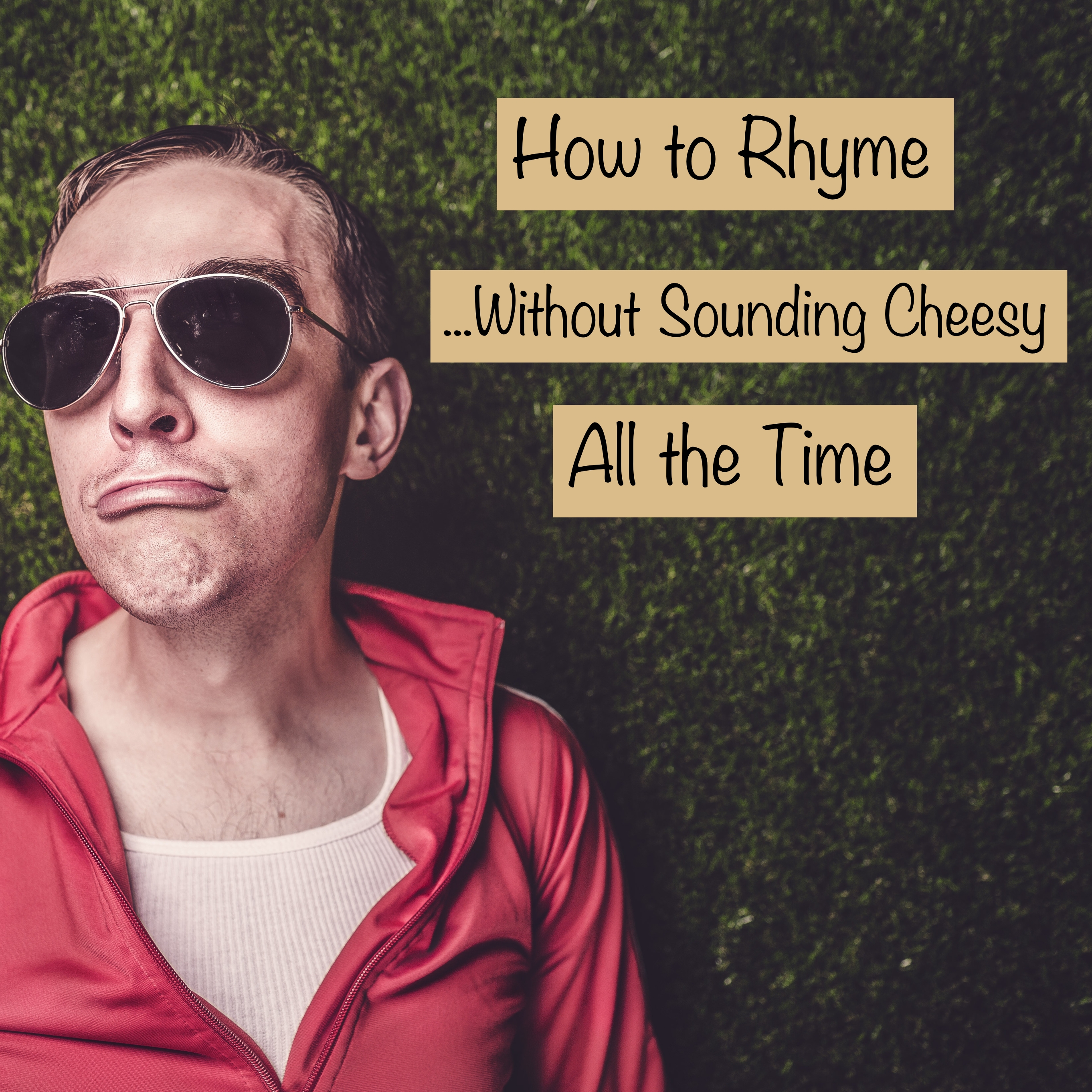
HOW TO RHYME...WITHOUT SOUNDING CHEESY ALL THE TIME
Private Notes
Private Notes
Notes
Each year Valentine's Day is a time of love, flowers, questionable chocolates, and let's face it...some pretty basic poetry. Don't get me wrong, I find love poetry delightfully romantic, but I'd be perfectly content not to see another "Roses are red, Violets are blue..." lead-in ever again. This got me thinking (and researching) about what differentiates a nursery rhyme from the timeless works of Christina Rossetti or W. B. Yeats (for example). So, whether you're a hopeful romantic or a poet inspired to create more intricate works in general, I offer to you the following tips on how to write rhymes...without sounding cheesy all the time.
Use RhymeZone
I'm not going to make this advice more complicated than it is. You may not be using a rhyming dictionary because you consider it "cheating". So I'm here to tell you, use a rhyming dictionary. Use it. A poet with a rhyming dictionary is like a novelist with a thesaurus – the words are listed, but you decide what to do with them. You are the creative artist, don't doubt it. RhymeZone provides perfect rhymes, multisyllabic rhymes, and near rhymes. Have fun!
Learn more words
Extending your vocabulary will help you write better rhymes, and better creative literature in general. Try a "word of the day" approach. But remember, just because you know a word doesn't mean you have to use it. Be selective. If you start writing with a heterogeneity of slapdash words that no one has heard of, you may sound snobby or out of touch. If you've found a titillating new word and you're not sure if it's too extravagant, make sure that the context clues in your sentence make the meaning clear.
Don't rhyme every line
I'm sure you know that captivating poetry does not have to rhyme at all. Just look at how popular haikus have become. Still, if you're like me, you love rhyme and it may even come naturally to you (true?). This doesn't mean you have to force rhyme or rhyme at the end of every line. You can rhyme ABCB style, make use of internal rhyme, or even place your rhymes somewhat inconsistently. An excerpt from one of my poems reads: "See lately, I have been wanting a lot more of you than this home of scarred tissue and aching bone has room for."
Let other artists inspire you
You've likely seen someone read a story or poem that made you think, "Wow! I need to go home and write!" Don't forget that feeling. Listen more closely to songs and raps to identify clever wordplay, and read more poetry. Let artists inspire artists. There was a time when I attended writing workshops and open mics every week (thank you, Portland, Oregon). Now I'm at home with a precious newborn, so I turn to the online world to stay inspired - poetry sites, like WriteSpike, as well as YouTube, Instagram, etc.
Read between the rhymes
At the end of the day (or the article in this case), nothing beats a perfect rhyme. Some words are used commonly because they're just made for each other: love and dove, friend and end, old and cold. You can take full advantage of these rhymes by focusing on the content between them. In other words, get as creative as possible leading up to the rhyming word. It's the difference between: "Sometimes love is hot and cold. Will you love me when I'm old?" and "Your love I know is truthful, but the truest love grows cold; it is this that I would ask you: 'Will you love me when I'm old?'"
Please share some of your favorite rhymes in the comments!
Comments
Please login to post comments on this story
-
heterogeneity
And there you have it. As coincidence would have it, in the section of "Learn more words," I learned a new word. I think this is going to be a favorite word of mine. Perfectly reflects my being. -
Don’t rhyme every line
Great tip. Very important. I learned this in one of my first year's (college) English course. I feel like if it's from the soul, it doesn't need to rhyme. As long as it's telling a story, painting a picture, provoking thought, expressing feeling, there's no necessity to rhyme.-
Yes, agreed. In that since I've been thinking about the difference between free verse poetry and prose, what would you say?
-
-
Great thoughts! Rhyming without the cheesiness is always a challenge for me.
-
Thank you. I really wish there were more perfect rhymes to choose from!
-
-
Learn more wordsExtending your vocabulary will help you write better rhymes, and better creative literature in general. Try a “word of the day” approach.
Hi Andrea! This is great advice! As a musician and writer I'm going to try this out. The "word a day" approach definitely seems like a way to expand my creativity. Thanks!


















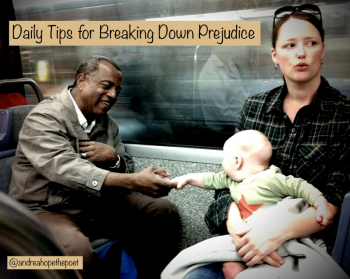

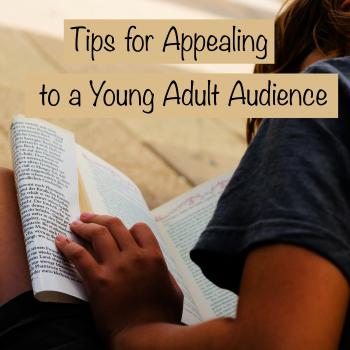
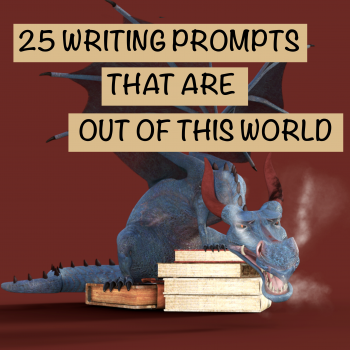


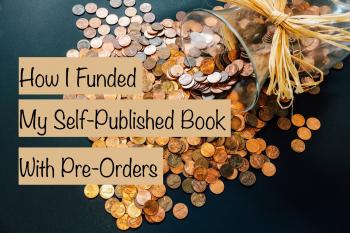
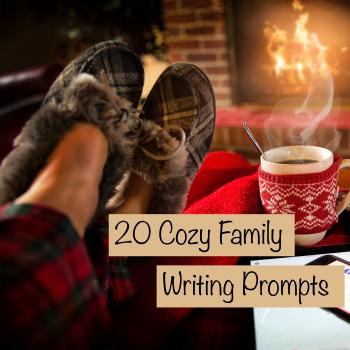
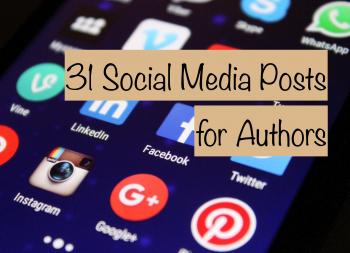
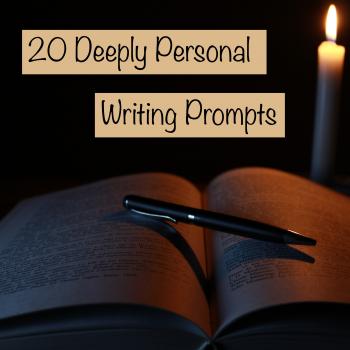
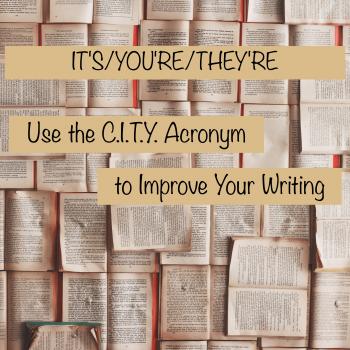
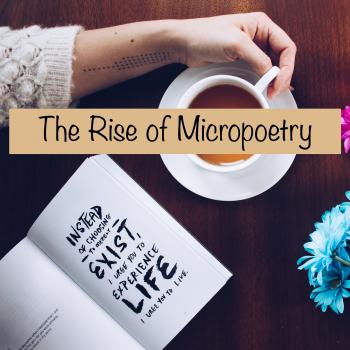


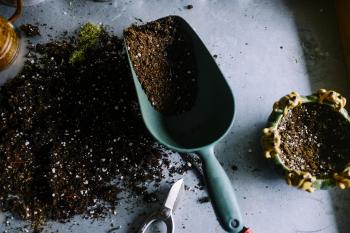


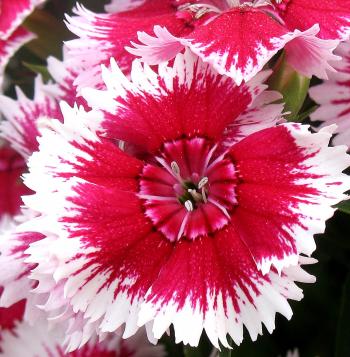
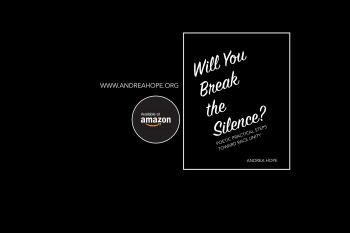
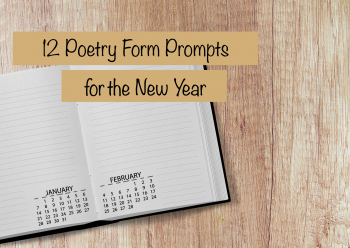
That's great! I learned slapdash. I would definitely call myself slapdash around the house.